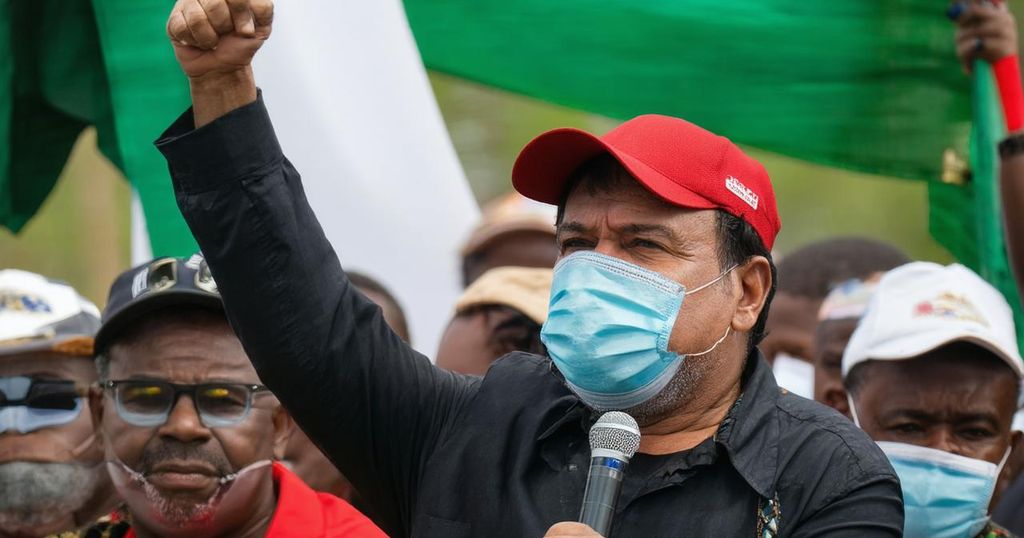Daniel Chapo Declared Winner of Mozambique’s Controversial Presidential Election
Daniel Chapo of Frelimo party has won Mozambique’s presidential election with approximately 71% of the vote, amidst allegations of fraud and violence. Protests erupted in the capital, Maputo, with claims against Frelimo for election rigging and involvement in violence against opposition supporters. Despite these claims, Frelimo asserts that election results reflect the public’s will, marking a critical moment for the party’s legitimacy amid ongoing socio-political challenges.
In a highly contested presidential election, Daniel Chapo of the Frelimo party has been declared the winner after polling nearly 71 percent of the votes. The election, held on October 9, was marred by significant violence and allegations of electoral fraud against Chapo’s party, which has been in power for almost 50 years. The official results were announced amidst rising tensions following protests in Maputo, where demonstrators accused the governing party of electoral manipulation and linked them to the violent deaths of two supporters of Chapo’s main opponent, who also questioned the legitimacy of the election. Despite these accusations, Frelimo maintains its innocence, asserting that the election results accurately represent the people’s will. This presidential election represents a critical moment for the Frelimo party, as it faces increasing scrutiny and dissent during a period of deep socio-economic divides exacerbated by an ongoing insurgency in the country’s northern region.
Mozambique, a nation that gained independence from Portugal in 1975, has been governed by the Frelimo party since its founding. The country has faced numerous challenges, including civil conflict and a rising insurgency primarily in the Cabo Delgado region. The current election comes at a time when Mozambique is grappling with issues stemming from both political instability and the socioeconomic disparities between urban wealth in resource-rich areas and pervasive rural poverty influenced by high unemployment rates and ongoing violence. The Frelimo party has historically faced criticisms over its governance practices, with the latest election serving as a significant test of its legitimacy and public support.
The declaration of Daniel Chapo as the winner of Mozambique’s presidential election highlights the ongoing complexities surrounding the governance of the nation. With significant allegations of electoral fraud and public unrest, Frelimo’s grip on power may be called into question. The outcomes of this election may have long-lasting implications for the political landscape of Mozambique, potentially influencing the stability and development of the country in the forthcoming years.
Original Source: www.nytimes.com




Post Comment